As a ham radio aspirant, one of the most difficult part before setting up your ham shack is to learn about Ham Radio Antenna types. The type of antenna will determine how you will connect with others as well as others will be able to contact from distant stations. With the many types and types of antennas used by ham radio on the market that it can be a challenge to pick the best one to suit your requirements. We’ll look close look at the various kinds of radio antennas for hams, and assist you in selecting the most suitable one for your needs.
Note: We have added 03 new types of Antennas that we missed the first time. Updated 17th January, 2025.
what is a Ham radio antenna?
Before we get into the different types of ham radio antennas first let’s define how an antenna is. An antenna is an instrument that transmits or receives electrical waves. Within the realm of Ham radio an antenna is used to connect to other operators as well as receive signals from stations across the globe. In technical or engineering terms, An Antenna is defined as follows:
An antenna is a specialized transducer that converts electric current into electromagnetic (EM) waves or vice versa.
what are the different types of Ham radio antenna?
There are many types of ham radio antennas. Each type has its own application, advantages and disadvantages. I have listed them below with emphasis of basic understanding of each one of them.
1. Dipole Antennas
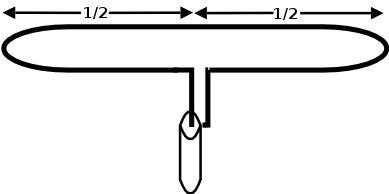
Dipole antennas are one of the most popular types of ham radio antennas. They consist of a wire or metal rod that is split in the middle and fed by a transmission line. Advantage of using Dipole is ease of building it and it supports wide frequency band. So If you’re a beginner, Dipole antenna can be a worth choice for you.
2. Yagi Antennas

Yagi antennas has some other names also like Yagi-uda antennas and beam antennas. These are directional antennas that are designed to transmit and receive signals in a specific direction. They consist of a long, horizontal rod with several shorter rods attached to it. Yagi antennas are excellent for long-range communication but can be more challenging to install and tune than other types of antennas.
3. Vertical Antennas
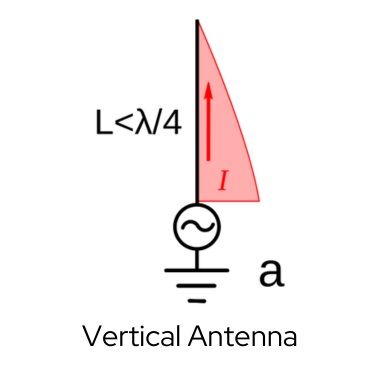
As the name suggests Vertical antennas are designed to transmit and receive signals in a vertical manner, rather than horizontally like most other types of antennas. benefit of vertical antenna is their ease of installation and tuning. They are more suitable for mobile and portable setups. However, The downside is it’s lower antenna gain and lower coverage.
4. Loop Antennas
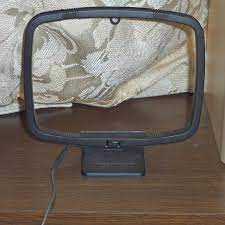
Loop antennas consist of a Loop of wire or a piece of metal that will be tuned to a specific frequency. They have advantage of it’s very small size making them excellent choice for portable or indoor setups. Disadvantage is they’re not suitable for long-range communications.
5. Wire Antennas
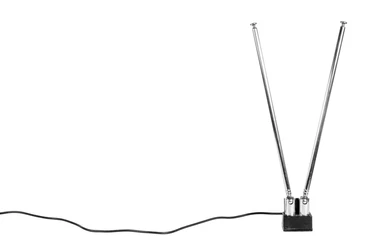
Wire antennas are among the most flexible kinds of ham radio antennas. They comprise the length of a wire that is tied between the two poles, or branches. The wire antennas can be used at various frequencies, and are simple to install and adjust. However wire antennas may not be appropriate for long-range communications or can get impacted by nearby objects such as trees and structures.
6. Ground-Plane Antennas
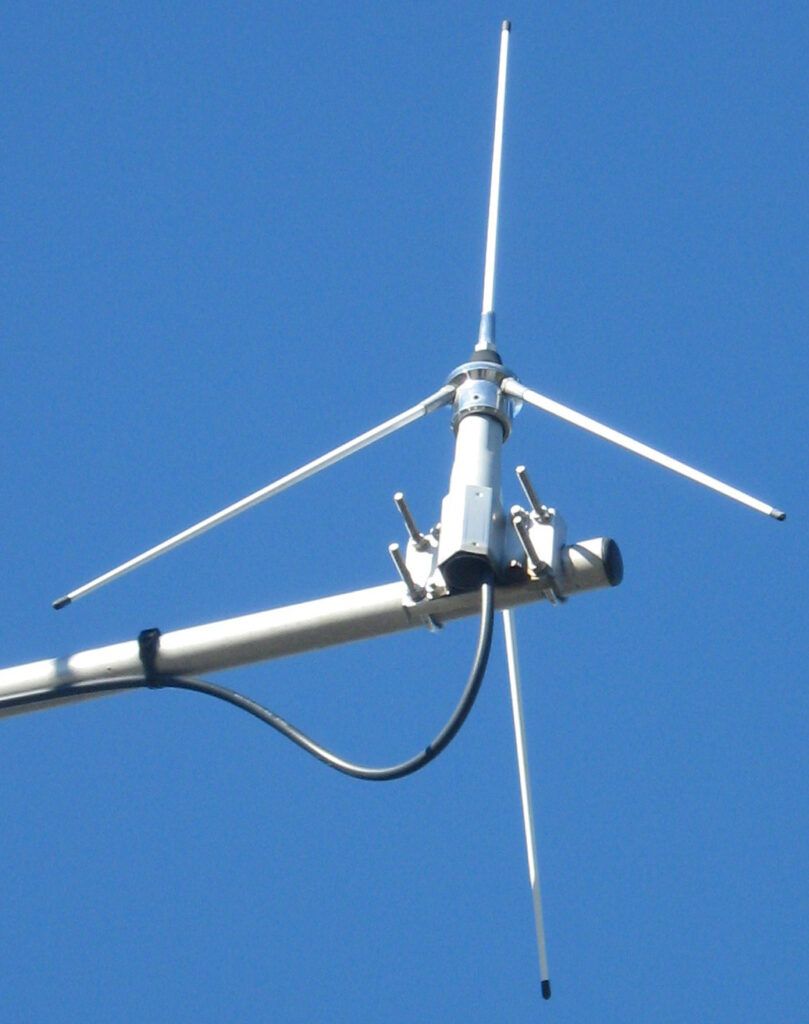
Ground-plane antennas are specifically designed to receive and transmit signals vertically, just like vertical antennas. However, they utilize an array of radials to boost their performance and gain. Ground-plane antennas are simple to set up and tune, which makes them a perfect option for novice amateur radio operators.
7. Mobile Antennas
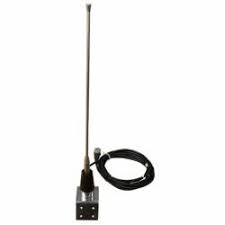
Mobile antennas are specifically designed for use moving around for example, in cars or on boats. They are generally smaller and compact than other antennas. They can be tacked onto the vehicle’s trunk or roof. The mobile antenna can be difficult to tune, however they are the ideal choice for radio operators who want to work in motion.
8. Satellite Antennas
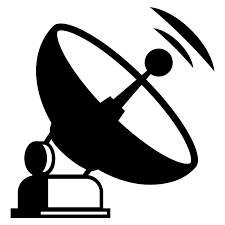
There are ham radio satellites orbiting around the earth called OSCAR.
Satellite antennas are ones who track these satellites and communicates through it with other amateurs or hams around the world.
Satellite antennas are designed in different shape and sizes depending upon the requirement. They may be portable or large in size and also may be directional or omnidirectional (broadcasting equally in all directions) depending on the setup.
9. Wire-Beam Antennas
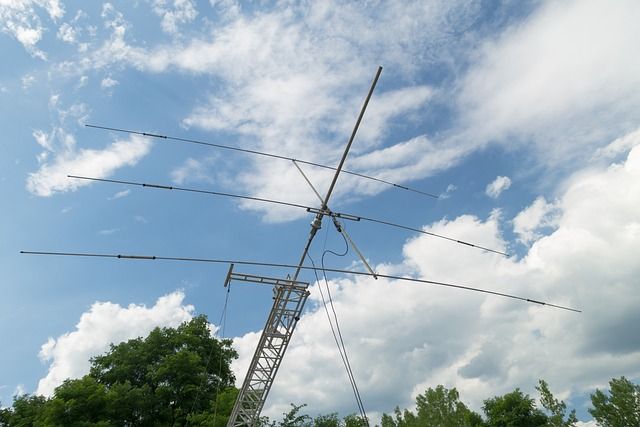
Antennas with a wire beam are the directional antennas made of wire. They are comprised of several wire elements. They are like Yagi antennas, but are comprised of wire. The wire beams can be difficult to construct and set up, however they offer great performance and gains.
10. Log-Periodic Antennas
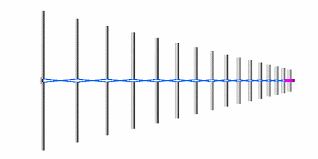
Log-periodic antennas are an directional antenna which are made to operate across the entire spectrum of frequencies. They comprise multiple elements that are placed in the same pattern. The log-periodic type of antennas are more complicated than other kinds of antennas, and can be more difficult to build and set up However, they offer great performance and gains across a broad frequency range.
11. Discone Antennas
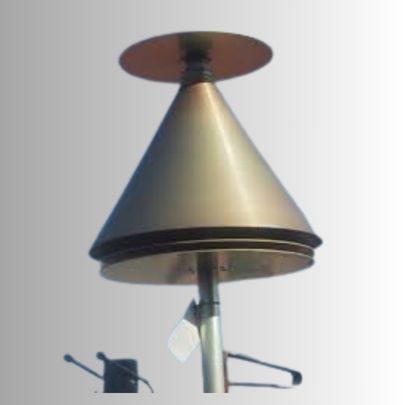
Image Credit: Wikimedia
Discone Antennas are popular because of it’s tiny size and broad coverage over wide range of frequencies.
They are typically constructed with metal rods & Wires. It’s omnidirectional radiation pattern makes signal reception possible from all directions.
12. Circular Polarized Antennas
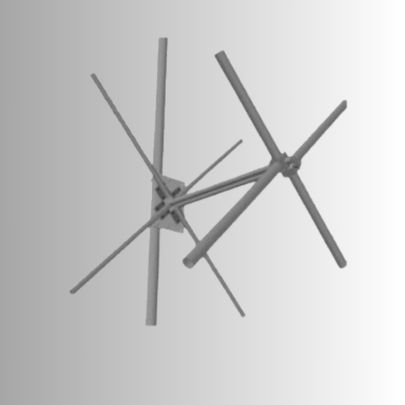
Image Credit: rfebroadcast.com
As the name suggests; A circular polarized antenna unlike linear polarized antenna, will radiate electromagnetic waves in a circular pattern thus creating a Helical wave of EMW radiation.
It can perform well in environment with obstacles and reflections. It is useful when orientation of the antenna may vary. Only draw back compared to linear polarization is reduced effciency.
13. Slot Antennas
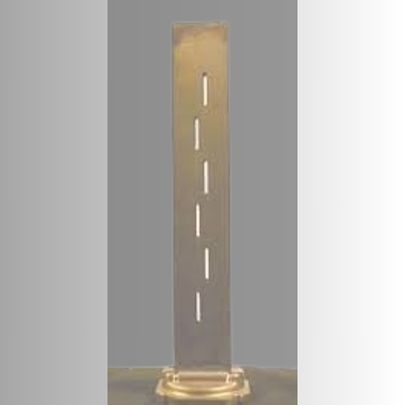
Image Credit: Qsl.net
Slot antennas are a type of antenna that employs a cut or a slot in a conductive piece, such as metal sheet. Now the slot works as a radiating element just like a dipole antenna.
They are typically used in microwave applications such as radars and satellite communications.
How to Choose the Right Antenna for Your Setup?
Choosing correct Ham radio antenna types for your setup will require some analysis from your side like the frequency band you’re operating on, location of your ham shack and operating mode you’ll be using. Following are points to be kept in mind while choosing correct antenna for your setup.
• Determine the frequency you want to operate on and choose an antenna that is designed for that frequency range.
• Consider the location of your setup, including nearby obstacles like buildings and trees, and choose an antenna that will perform well in that environment.
• Think about the type of communication you want to perform, such as long-range or directional communication, and choose an antenna that is optimized for that type of communication.
Ham radio antenna Recommendations for Help
Here are some most popular and Best selling Antennas if you’re searching for some:
No products found.
Ham radio antenna types: Conclusion
In closing words, I can say there are many types of ham radio antennas handy, each will be having it’s unique pros and cons. Its essential to consider the factors like frequency, mode of operation, location and tasks you will be wanting to accomplish. So all the best with choosing your correct ham radio antenna and getting more experienced in the world of Hams.
Other blog posts from the category:

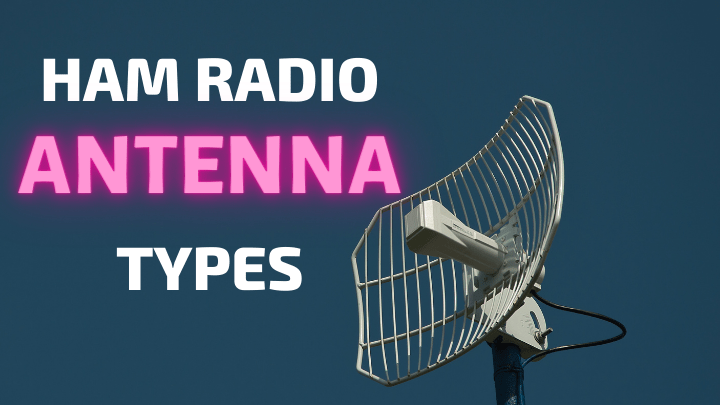
You excluded the following.
Metal Foil
Slot
Circular Polarized
Discone
Thank you larry for pointing that out. We will update these types soon. Stay connected